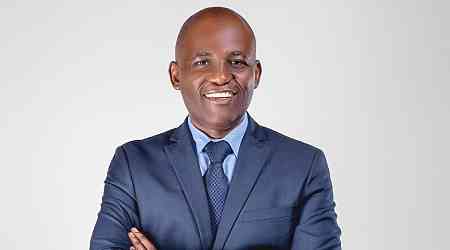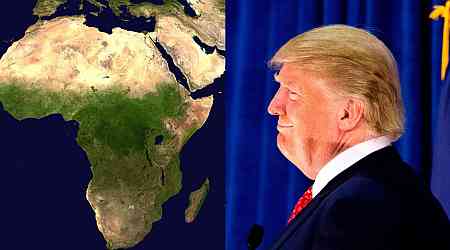The training, organized jointly by the United Nations Mission in South
Sudan and the non-governmental organization Non-Violence Peace Force,
was held for women drawn from the most conflict-ridden areas of Bangasu
district
“We learnt a lot about conflicts, how to manage them and what consequences they can have for the communities affected,” said Mama Tubi Festus from Makpandu.
The training, organized jointly by the United Nations Mission in South Sudan and the non-governmental organization Non-Violence Peace Force, was held for women drawn from the most conflict-ridden areas of Bangasu district, such as James Diko, Makpandu and Rimenze.
Mary Papai Wangu, one participating woman from Rimenze, was keen on taking on a bigger responsibility.
“What I will do after this training is that I will use my new skills to try to solve the problems of others when I meet people involved in conflict,” she said.
During the workshop, the facilitators informed those in attendance that the revitalized peace agreement signed in September 2018 stipulates that women shall be given 35 per cent political representation at all levels of governance. Exactly how this rule will be applied became the topic of much discussion.
“In all those [political] positions that have been created as the peace has come, we need a women to be the deputy chief, in the police service we need a women as well, and also as the deputy governor, because these women will make sure our concerns are heard,” said Mari Ferete, a citizen from the Makpandu area.
Arranging this capacity building opportunity in the Bangasu district was, as civil affairs officer Jackson Kampale explains, a kind of reward for the great potential demonstrated by the women living here.
“Considering the positive role that women in these areas have been playing to mitigate conflicts and to improve social cohesion, we believe that they can make good use of additional skills and tools to contribute even more to peaceful coexistence and stronger relations between them.”






























